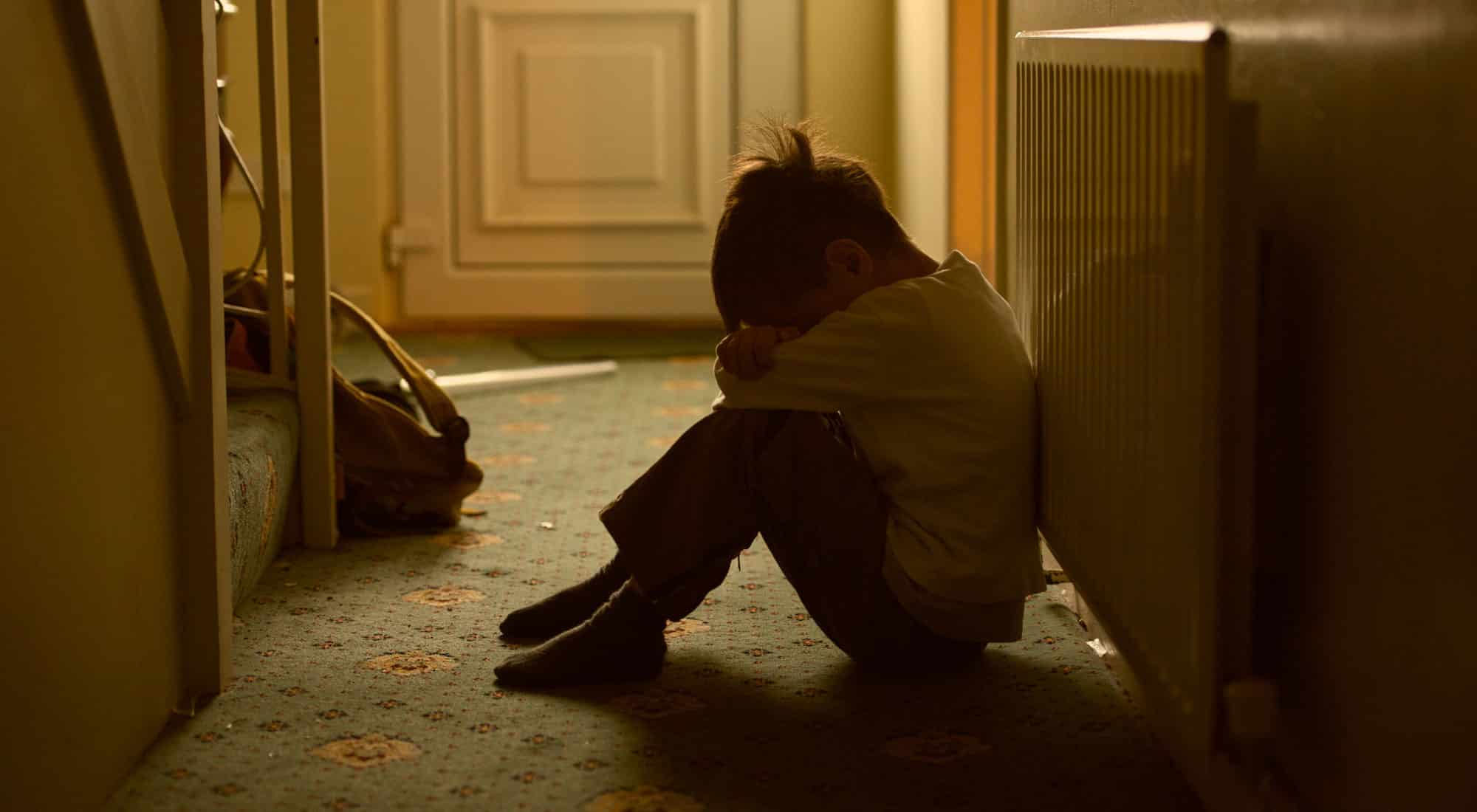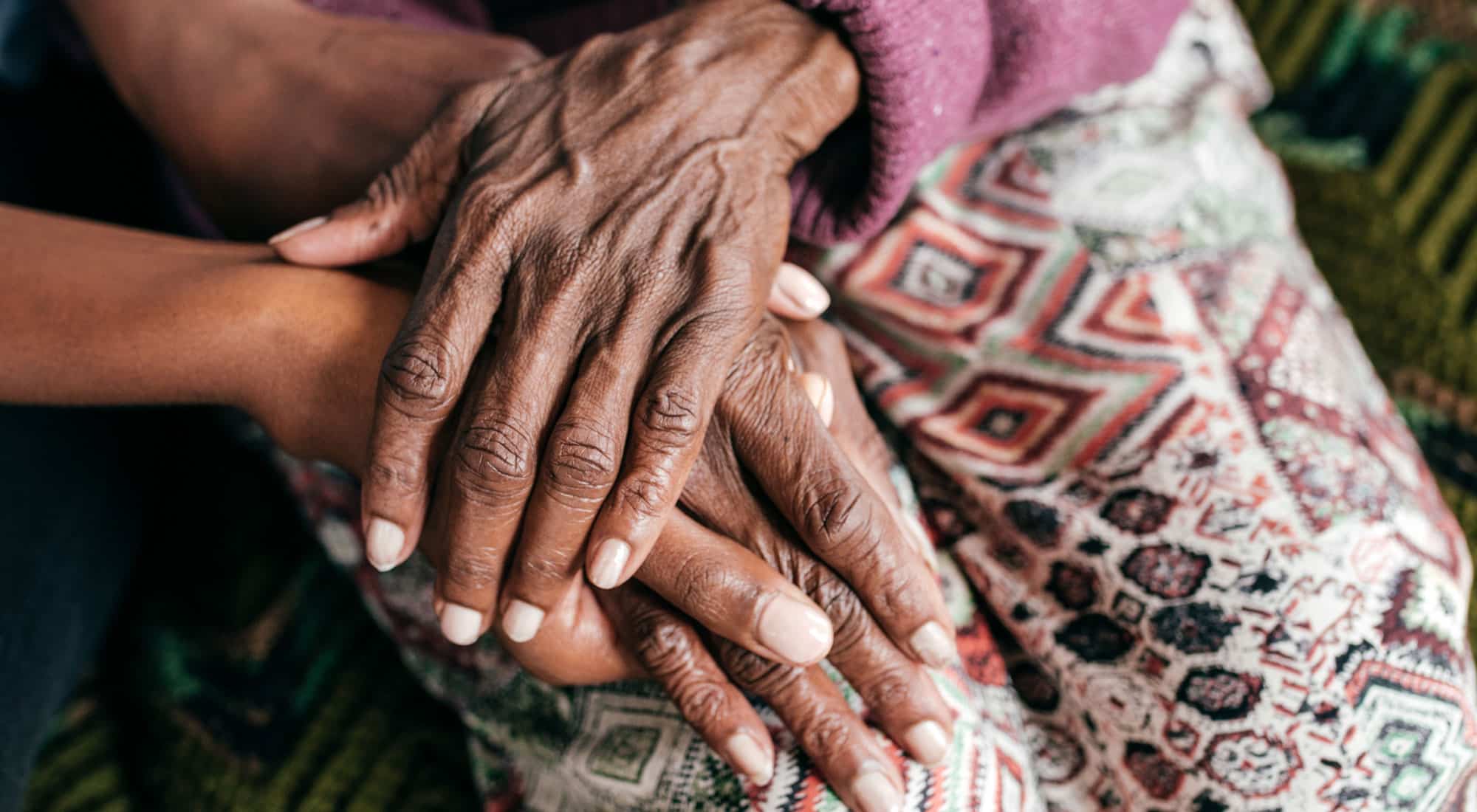
Adult Children: Why We Need to Heal Past Trauma
The dysfunction that adult children learn when they are young can make them more likely to experience further trauma or turn to addiction. Read More

The dysfunction that adult children learn when they are young can make them more likely to experience further trauma or turn to addiction. Read More

While traditional talk therapies can be beneficial in helping people uncover and heal from the trauma that underlies mental health and addiction, recent research has focused on the mind-body connection in relation to trauma. In fact, there is a whole realm of therapy that operates out of the belief that trauma is carried far more in the body than in the brain. Read More

Childhood sexual abuse (CSA) has the potential to transform the trajectory of your life in a multitude of ways. While the effects of childhood sexual abuse are largely individualized and can manifest at different points throughout your lifespan, commonly reported symptoms and long-term effects include dissociation, depression, anxiety, eating disorders, self-harm, relationship difficulties, and addictive or compulsive patterns of behavior. Read More

By Bobby Shriver In addition to the basics of food and shelter, children also need stability, consistency, and emotional care in order to thrive. Typically, at a young age, children form an emotional attachment with their caregivers, and this has an influence on their development. The most important emotional attachment… Read More

Evidence indicates that intergenerational trauma can be passed down for hundreds of years, spanning dozens of generations. This means that even slavery still plays a role in current Black generational trauma, no matter that it ended over 150 years ago. So what exactly are the health struggles that the Black community faces as a result, and what can you do to best support those impacted? Read More

In an era where DNA testing has become as simple as mailing in a cheek swab and saliva, many people are discovering more about their personal history and ancestral background. What they learn can be interesting and enlightening; but for some, it can be traumatic. Family secrets are spilling out of DNA kits, and it’s important to know how to handle the real story of where you’ve come from. Read More

In 2020, the death of George Floyd ignited protests across America over race relations and the treatment of Black people, especially by law enforcement. The Black Lives Matter movement gained prominence, and Black trauma became a critical point of conversation within both corporate and civil spheres. More recently, the death of Tyre Nichols has incited more outrage and protests and renewed a push for racial justice and police reform. Read More

What is Dr. Bruce Perry’s Neurosequential Model? Different from a treatment technique, the Neurosequential Model is a method for organizing a child’s history of trauma, neglect, or abuse, and assessing how they are currently functioning. Using this method, a clinician can identify key problems, strengths, and therapeutic interventions so that the child’s network — family, educators, therapists, and other treatment professionals — can work together to meet the child’s needs. Read More

If you’ve experienced relational trauma or suffer from complex post-traumatic stress disorder (cPTSD), treatment for these issues will likely involve a combination of different types of therapies. One particularly beneficial treatment is relational trauma repair, an experiential group therapy that uses specific exercises to teach emotional literacy and self- and co-regulation. Read More

The American Psychological Association defines trauma as “an emotional response to a terrible event like an accident, rape, or natural disaster.” And while trauma is absolutely an emotional response, it is also inherently and powerfully physical. In fact, the physical response is often the very first response we have to trauma. Before our minds even know what is happening, our bodies instinctually react to threatening events. And while this can be a good and helpful response, there are times when our bodies hang on to the response for days, months, or even years. Read More